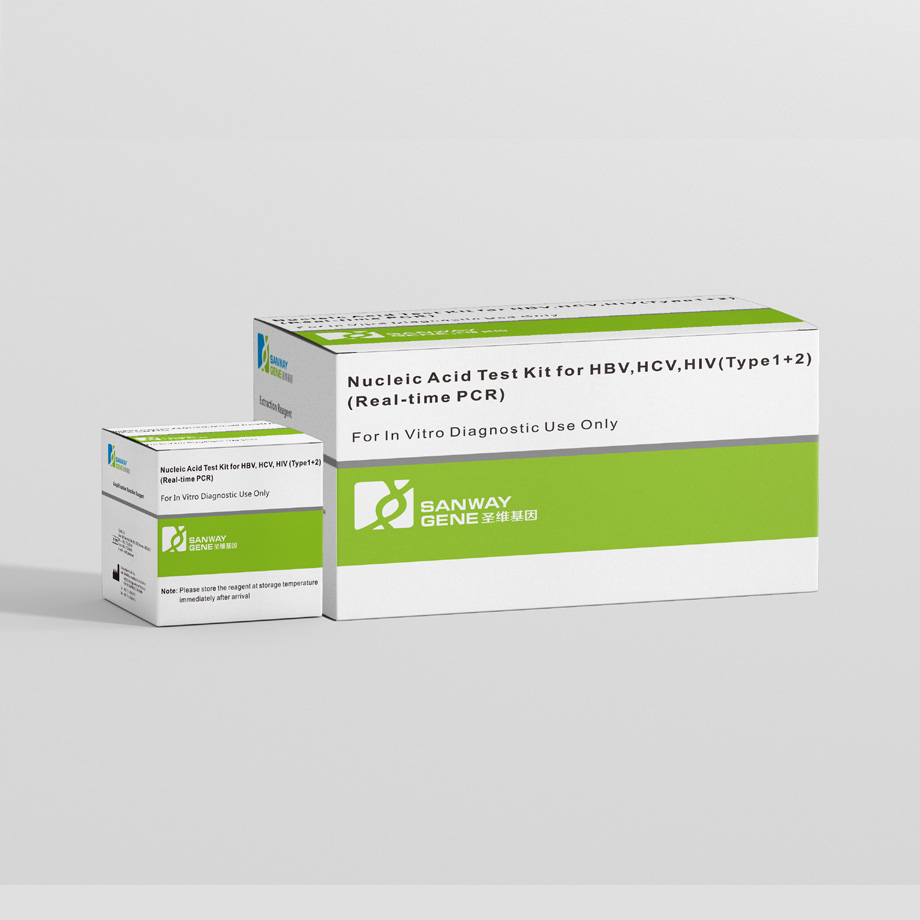3 Facts About Blood Donor Screening You Should Know
June 14th is World Blood Donor Day. This year, there was a discussion about what tests need to be done when you donate blood. Medical experts gave different suggestions, and they agreed on several of them to ensure the recipient’s safety.

In this guide, we will talk about three facts about blood donor screening that you should know, discussing the tests to be done, the process, and the modern technologies making the process easy. Continue reading to discover more valuable information.
Fact 1: Tests Need to Be Done in Blood Donor Screening
When you donate blood, it undergoes various tests to avoid blood-transmitted diseases. Blood can carry various infectious agents. These pathogens may be present in the donor’s bloodstream even if they are asymptomatic or unaware of their infection. Testing the donated blood helps identify and exclude units that may transmit diseases such as HIV, HCV, HBV, and others.
Here is a brief description of some blood-transmitted diseases:
- Syphilis: Blood donations are tested for antibodies to Treponema pallidum, which can cause syphilis. Syphilis will bring serious health consequences if left untreated, including damage to the heart, brain, and other organs.
- vCJD: Variant Creutzfeldt-Jakob Disease is a rare and fatal brain disorder. There’s no definitive blood test for vCJD, but individuals with a higher risk (like those who lived in the UK during the period of the “mad cow disease” outbreak) may be prohibited from donating.
- Malaria: Blood donations are tested for antibodies to Plasmodium species.
- Zika: The blood may be tested for Zika virus RNA. It would be done using nucleic acid testing (NAT), which identifies the virus’s genetic material.
- Ebola: Similar to Zika, blood donations can be tested for Ebola virus RNA using NAT.
Fact 2: The Process of Blood Donation
Next, let’s explore how the blood donation process works with a step-by-step guide.
- Registration
This process usually involves providing some personal information, including identification and contact details.
- Blood Donation Eligibility Screening
Once registered, a healthcare professional will conduct a brief health examination and ask questions about the individual’s health history and lifestyle. This is done to determine if they’re eligible to donate. These questions help assess any risks that could make the donation unsafe for the donor or recipient.
- First Blood Donor Screening
This step involves taking a small blood sample, often from a finger stick, to test for hemoglobin levels to ensure the donor is not anemic. This blood donor screening focuses on the donor’s health.
- Blood Donation
Next, the donor moves to the actual donation, where a needle is inserted into a vein, usually in the arm, and blood is collected into a sterile bag. This is a simple process that may take 10 to 15 minutes.

- Blood Processing
The blood is sent to a lab for processing, where it’s often separated into different components, like red blood cells, plasma, and platelets. They are used for various transfusion needs.
- Second Blood Donor Screening
Blood donor screening is extremely crucial, especially this second one. This is where all the tests discussed above are done to ensure the safety of the blood supply. It protects recipients from blood-borne infection.
- Storage, Distribution, and Transfusion
The components are stored under specific conditions until needed. They’re then distributed to hospitals where they’re used for transfusions in surgery and other needs.
Fact 3: The Benefits of Sansure C004E BCI – Nucleic Acid Test Kit for HBV, HCV, HIV (Type1+2)
We Sansure are one of the established companies offering solutions for laboratories where RNA, DNA, and blood tests are required. The C004E BCI – Nucleic Acid Test Kit for HBV, HCV, HIV (Type 1+2) is one of our cutting-edgeinnovations.

This portable and highly efficient kit is based on real-time fluorescence PCR technology to offer nucleic acid detection of the mentioned viruses in the plasma. It’s a kit designed to make the blood donor screen test easy and efficient.
Advantages of Using this Kit Include:
- High sensitivity to produce accurate results
- High efficiency creating 576 tests in 5 hours for pooling and 96 tests in 4.5 hours for single
- Complete subtypes coverage for all the tests above
- A single pipe joint inspection where four tests can be done for the tubes of samples and direct discriminating positive
- Automated detection with extraction and amplification process
- Excellent cost and space saving with a one extractor+ one amplifier combination
Sansure uses high-end techniques, making laboratory testing easy. Most of these tests are done in the field, thereby reducing the risk of sample contamination and mix-ups.
Conclusion
We Sansure has been operating since 2008, focusing on customer satisfaction through highly advanced automated testing technologies. We have developed a series of advanced core technologies, which are applied to many fields, such as in vitro diagnostics products and molecular diagnostics.
Contact us today if you want to know more or need a portable testing station. We are always ready to offer assistance.





